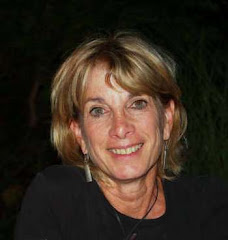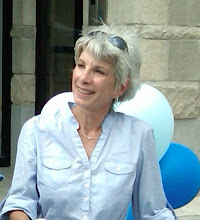From 1972-74 we lived in Philadelphia, Mississippi, which may be why The Help, a first novel by Kathryn Stockett, held me in its grasp for the past 24 hours.
The novel, for those who have not yet heard of it, explores the relationship between black maids and the white women they worked for in the segregated Deep South in the early 1960s. It was an ugly time in our nation’s history and, while the book is set in Mississippi, anyone whose family had a maid will recognize the truth of the narrator’s stories.
Philadelphia was the only place where officers in the Indian Health Service Corps did not wear uniforms. It was ten years after the death of Chaney, Goodman and Schwerner, and the distrust of anyone wearing a federal uniform was still palpable.
I’m not sure which was worse: being a Yankee or being Jewish, but the combination was deadly. Oh, the folks in Neshoba County were pleasant enough, always adding a “Y’all come and see us sometime” after a pleasant introduction, but you knew darn well that it wasn’t an open invitation to show up on their doorsteps.
So I was particularly grateful when Stanley Dearman, editor of The Neshoba Democrat, hired me to write a “Cook of the Week” column, obituaries, photo captions and other odd assignments that came my way.
Being a reporter gave me an entrée into people’s homes and their lives. And, as long as I was able to keep my mouth shut and my thoughts to myself, I was able to learn a lot about the Deep South and the deeply held prejudices and stereotypes that fills the pages of The Help.
It wasn’t easy. After all, I’d grown up in the sixties, marched for civil rights, and the ancient Jewish command of “Justice, justice shall you pursue” was constantly reverberating in my head. But I also knew that getting into an argument with every store clerk who made an anti-Semitic or racist remark wasn’t going to change anything.
And change, after all, was what was desperately needed.
Each of the three narrators of The Help wrestles with keeping her thoughts to herself, with varying success. But as we learn over the course of the book – and as we learned during those turbulent times –you need to gather the courage to speak out if you want to change the world.
July 23, 2009
Subscribe to:
Post Comments (Atom)


No comments:
Post a Comment